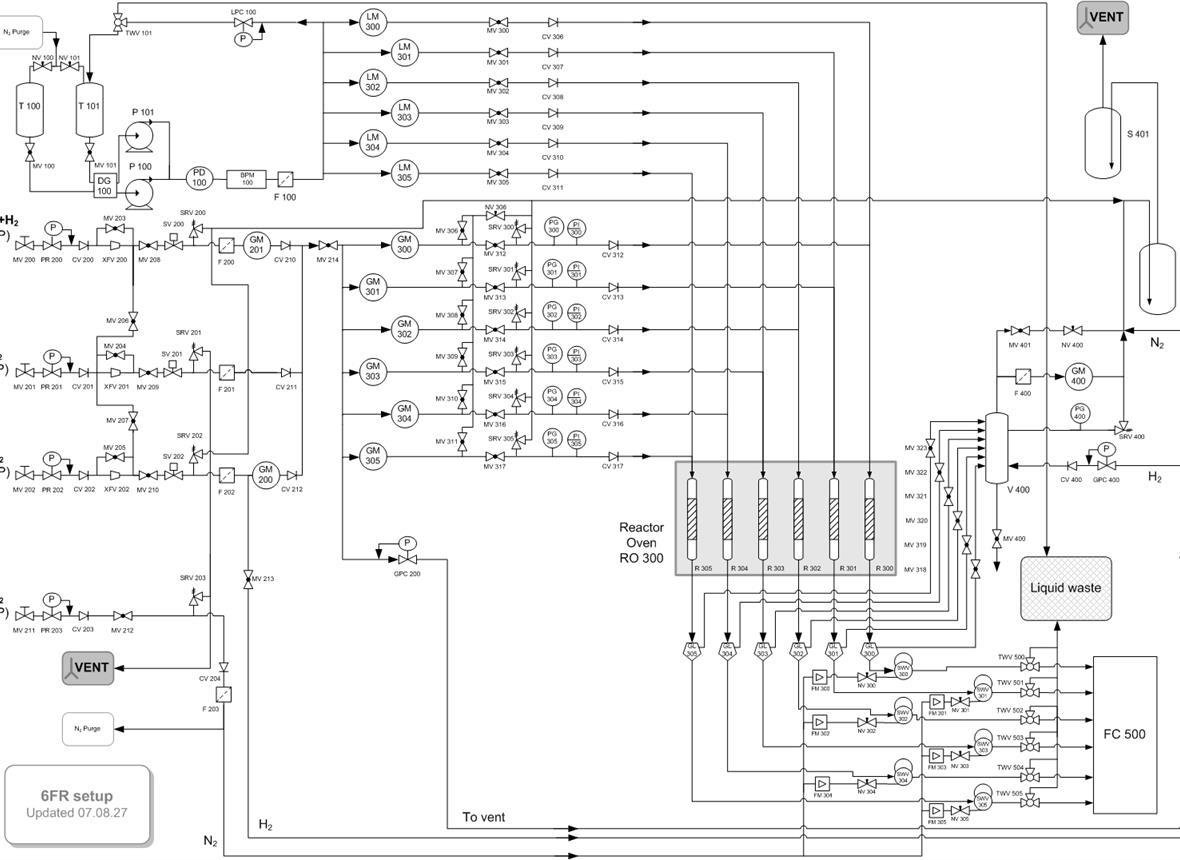Understanding catalyst deactivation during the direct cracking of crude oil
by
Alabdullah, Shoinkhorova, Dikhtiarenko, Ould-Chikh, Rodriguez Gomez, Chung, Alahmadi, Hita, Pairis, Hazemann, Castaño, Ruiz-Martinez, Morlanes, Almajnouni, Xu, Gascon
Catal. Sci. Technol.
Year:
2022
DOI:
https://doi.org/10.1039/D2CY01125E
